Julia Gschnitzer
Рождение : 1931-12-21, Innsbruck, Austria

Schwiegermutter
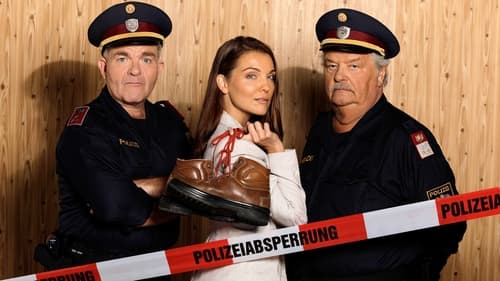
Schwiegermutter

Schwiegermutter
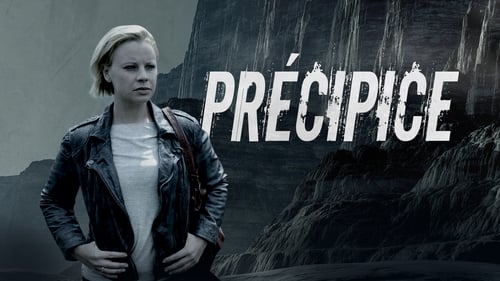
Adelheid Falkner
The dead body of a tourist is found in the mountains of Tyrol. The murder investigation focuses on the residents of a seemingly quiet village.

Mutter Trenker
Luis Trenker - South Tyrolean mountaineering legend, actor and director - traveled to the Venice Film Festival in the summer of 1948. He wants to offer Eva Braun's diaries to the American Hollywood agent Paul Kohner for filming. At the same time, the authenticity of these diaries is negotiated before the Munich district court. The director Leni Riefenstahl, ex-lover of Trenker, feels disgraced by the implication that she was Hitler's lover. The story is told in flashbacks of two opportunists who, possessed by the will for artistic success, instrumentalize themselves ...
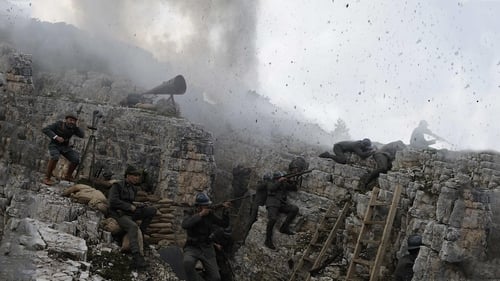
Anastasia Gruber
A young Austrian soldier in World War I fights his way through the Alps to rescue his Italian girlfriend and escape the impending explosion that will rock the mountain.
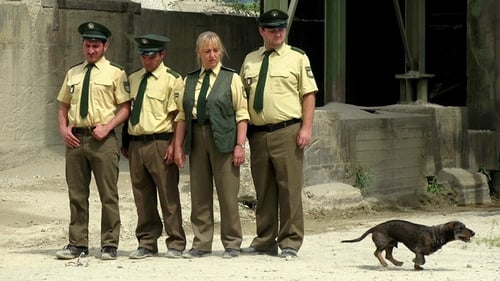
Jakobina

Jedermanns Mutter
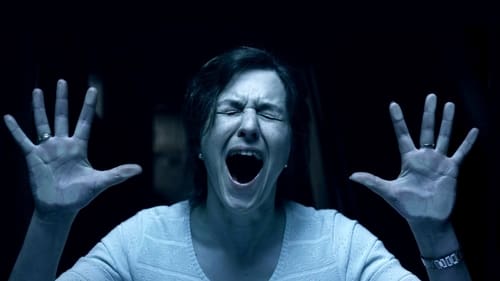
Keuschlerin
В доме, затерянном в горах, женщина с грубо остриженными волосами, синевой вокруг глаз и скулами, обострившимися от месяцев скудной жизни и тяжелого физического труда, ведёт дневник — на оборотной стороне истлевших, потерявших смысл календарей, под надсадное карканье ноябрьских ворон. Не ради удовольствия от письма — чтобы выжить и спастись от безумия. С ней случилось невероятное — она приехала в этот горный дом с друзьями, пожилой парой, в солнечный майский день, чтобы на следующее утро, обеспокоившись исчезновением ушедших на прогулку стариков, обнаружить, что покинуть вершину горы уже невозможно: весь прочий мир отделен от неё невидимой, но непроницаемой стеной. Так женщина осталась одна, в компании домашнего пса, приблудной коровы и пушистых котят, таких неуместных на лоне дикой природы. Она осознала, что недостаточно юна и безрассудна для самоубийства, значит, придётся выживать, чего бы это ни стоило…
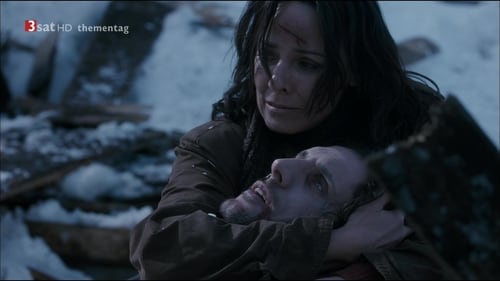
The Baron's Mother
The Austrian musician and author Reinhold Bilgeri produced and directed the film, which is based on his 2005 historic novel of the same name. The events in the movie are based on the worst avalanche catastrophe in Alpine history.

Hias Großmutter

Oma Vroni

Frau Zeller

Elfi Plötzeneder
A triple suicide derails the life of many people.

Dorothea Haslinger

Frau Kornschroth
Jackies' quiet life as a housewife and English teacher ends abruptly when her husband informs her that he is leaving her for a younger woman. In a quest for revenge, Jackie makes arrangements with a plastic surgeon for a general overhaul with the goal of landing a younger husband. A newspaper leads her to Peter who is as bored by his insurance job as he is by the young women he has been dating. Written by John W. Wrist

Anna Harpfinger
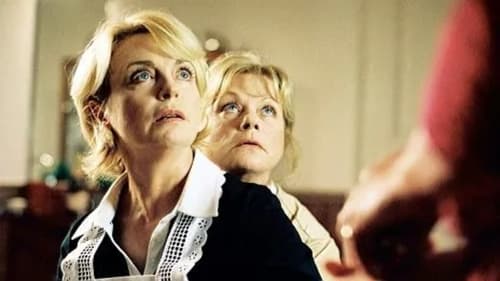
Caroline Merlet

Tante Mietzel
Lene Thurner is standing on a train platform in Munich. She has to decide: back to Berlin where she lives, or toward the south, where at the foot of the Alps her family lives on the lonely farm “Hierankl”.

Steffin

Alte Nane
In a small farming valley in Austria in the beginning of the 20th century a tyrannical farmer is found dead, and all the farmhands are relieved to be free of their tyrant. But the farmer was childless, so suddenly they all inherit the farm together. Now conflicts begin, as nobody is the boss and nobody has to obey.

Oma

Ms. Vejvoda
A faithful family has gathered around "Mundl": his wife Toni, who says little but always has the last word; his son Karli, who marries Irmi, a woman from "higher circles", and his parents-in-law, the Werners, who have some difficulty in getting accustomed to the coarse tones of the Sackbauer family. Then Mundl's daughter Hanni brings home a bespectacled intellectual, of all people, and altogether, everyday life in Vienna can be rather exciting.


Hans' Mutter
Chris, a young man from the country, dreams of a big career as an escape-artist. He wants to become famous like his idol, Harry Houdini. He meets Mischa, an expert in the art of living, who feels himself called upon to support Chris in attaining fame and an international career. Chris is very much attracted to Nada. Mischa's sister wants to break away from the Yugoslav workers' milieu. A spectacular performance is planned by Mischa and his friends to draw the medias' attention to Chris. Tied up in his strait-jacket, Chris wants to jump into the Danube and free himself under water. But neither newspaper journalists nor the TV turn up. Nevertheless Chris jumps into the water and frees himself. He wins Nada's love and restores his self-confidence. Malambo is a comedy, which portrays the dream world of an endearing community of friends, who are building 'castles of air' for themselves, in search for a better life.

This two-part drama examines the fate of Haneke’s own generation which came of age after World War II. The first part depicts the generational gap between 1950s teenagers and their parents while the second shows this same group of characters twenty years later as they have grown up to be dysfunctional and suicidal adults. Regarded as the most significant of Haneke’s early works, Lemmings contains incipient treatments of many of the themes he would later elaborate on in his theatrical features.

A young textile worker attempts to reunite with his love and is shot by border guards. A semi-documentarian movie with a strong pacifist message.

Franziska Jägerstätter
The story of the last days of Austrian farmer Franz Jägerstätter (1907-43), who was executed by the Nazi regime because of his refusal to compromise with a perverse system.











